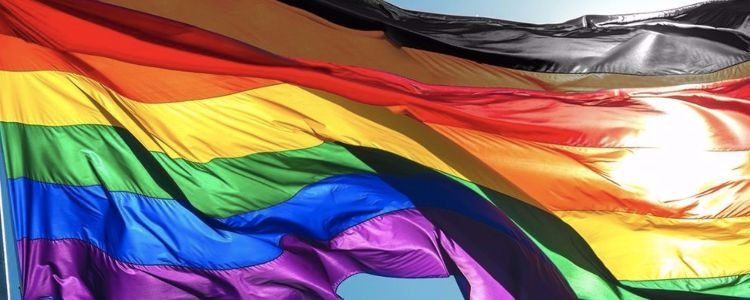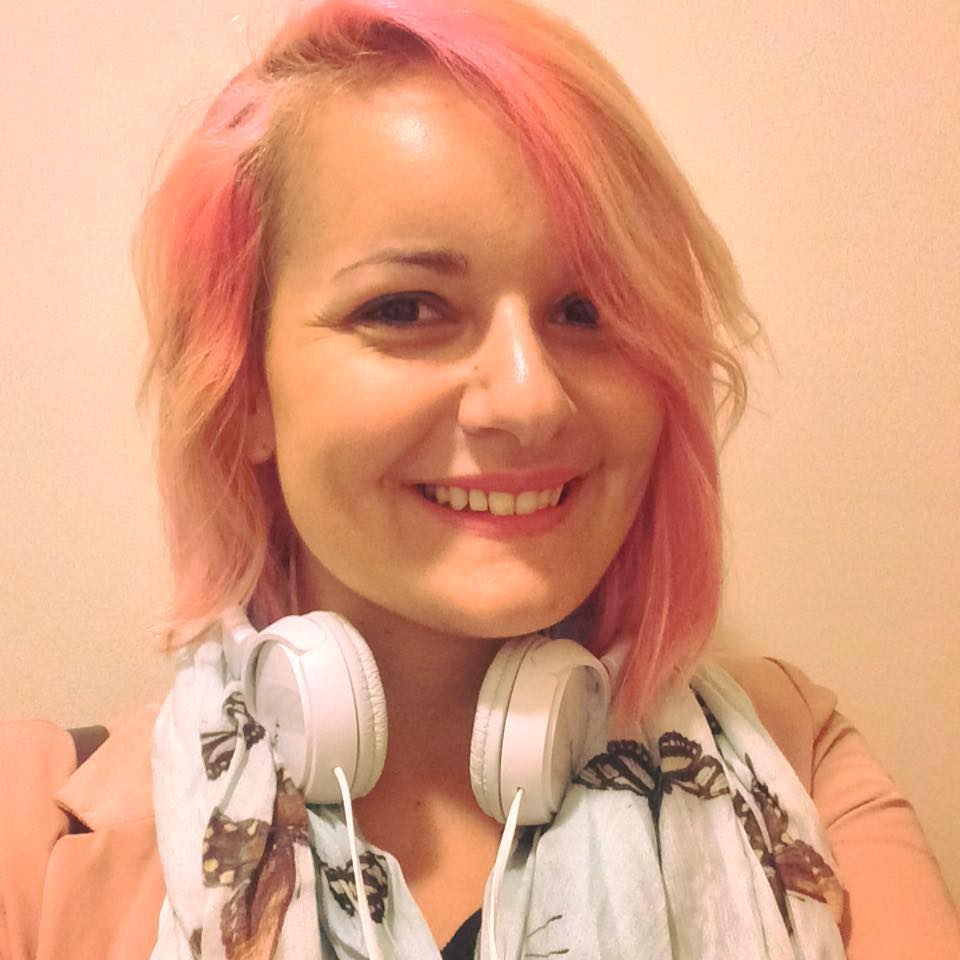Last week, I had the privilege of attending In My Mind: A LGBTQ People of Color Mental Health Conference organized by DBGM. Held once a year in New York City, the conference centers the voices of LGBTQ+ people of color, particularly trans women of color.
The mood in the air was one of resilience. On Thursday, the first day of the conference, we learned that the Department of Justice will no longer defend workplace protections on the basis of sex for transgender people. The next day, we learned that employers with moral objections to contraceptives will no longer be required to provide health insurance policies that cover birth control at no cost to people who use it.
“We’re at a time when we need to come together to be the spirit for those who can no longer carry the burden,” one presenter said in their opening remarks. From the Native American-led opening blessing to the invitation to trans women to join hands on stage, it was clear that healing fractured communities and reclaiming power were central themes of the conference.
Below, here are five key takeaways from the panels I attended that could be useful for anyone who cares about inclusion and mental health:
1. We are socialized in a culture of white supremacy and are all guilty of microaggressions.
Microaggressions are hostile or exclusionary words or actions that position the dominant culture as normal and the other group as abnormal. Dominant and subordinate categories participate regardless of attitudes. The costs of microaggressions include decreased self-confidence, poor self-image, depression, anxiety, and trauma over prolonged periods of time.
When you commit a microaggression, acknowledge that it happened, apologize, and work to change your behavior. If you encounter racist behavior by others, this video could be a good tool to learn how to confront them. If microaggressions are the norm at your place of work, bring this issue to the attention of upper management (if possible) because policy changes or employee trainings may be necessary. (“Microaggressions’ Impact on the Individual and Our Society: Learn Interventions and Tools for Healing,” Lupita Gonzalez, MA)
2. When someone discloses trauma, believe them.
LGBTQ+ people of color are less likely to disclose trauma and more likely to be blamed for their trauma when they do disclose. The first steps of healing from trauma include remembering the trauma and believing oneself, mourning, releasing shame and self-blame, and breaking the silence. When LGBTQ+ people of color face rejection or blame after disclosing, this can disrupt their healing process. (“Sexual Healing Beyond Trauma and Post-Traumatic Stress,” Robin Moulds, Ph.D.)
3. What two different people need for healing may be totally different.
We must create spaces for folks to talk about their unique perspectives and experiences. Some who say they mean well aren’t doing well—it’s not enough to talk the talk without walking the walk. (“When Visibility is Not Enough,” Kiara St. James and Octavia Lewis, MPA)
4. Sometimes, your oppressor looks like you.
We can all be complicit in white supremacy and fragmented communities uphold those norms. We need to stop telling people how to look and how to show up in spaces. (“When Visibility is Not Enough,” Kiara St. James and Octavia Lewis, MPA)
5. LGBTQ+ youth of color face unique and challenging barriers that often correlate with poor mental health.
No food, no access to showers, and no friends can result in depression and even substance abuse as a coping mechanism. Issues like gentrification, which disrespects history and community, and police harassment can also play roles in mental health issues among LGBTQ youth. For more information, check out the Our Health Matters survey published by The Fenway Institute. (“Our Health Matters: LGBTQ Youth of Color,” Gary Bailey, DHL, MSW, ACSW)
Ask people what they need. Recognize your own privileges. Don’t speak for or over others.
Together, we can create a better world.
Diana Denza is NEDA’s communications associate. She graduated from Fordham University in 2011 with a degree in communications. Diana is a fan of good writing, wildly-colored hair, and cute desk toys. She’s never met a cat she didn’t like, except for that one time she’ll never talk about again.






